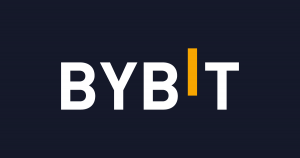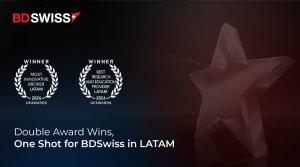SEC opposes attempt by Blockvest to delay proceedings
The Securities and Exchange Commission argues against a request by Blockvest and its founder Reginald Buddy Ringgold, III to continue the proceedings.

More than a year after the United States Securities and Exchange Commission (SEC) obtained a Court order halting ongoing pre-ICO sales by Blockvest LLC and its founder, Reginald Buddy Ringgold, III, the proceedings go on at the US District Court for the Southern District of California and the regulator tries to press ahead with its action.
The latest Court filings indicate that whereas the defendants are trying to continue the proceedings, the SEC is trying to secure the Court’s approval of its motion for summary judgment against the defendants.
On January 24, 2020, the SEC filed its motion for summary judgment. Now, a month later—after the deadline for any opposition has expired – Blockvest and Ringgold have filed an ex parte application for an indefinite continuance of these proceedings. According to the SEC, the application is deficient and baseless under both this District’s rules and Federal Rule of Civil Procedure 56(d).
The SEC notes that the defendants have flouted the procedural rules. In addition to serving their application after the opposition deadline, Defendants failed to give the SEC advance notice of the application or file any affidavit articulating why notice was not required.
The regulator argues that the defendants also have not provided a sufficient basis to delay consideration of the SEC’s summary judgment motion under the standard set forth in Federal Rule of Civil Procedure 56(d). The defendants contend that they need additional time to review discovery and to conduct further discovery, but their lack of evidence is a failure of their own making, the SEC says.
The discovery period in this matter lasted roughly seven months, during which time the SEC produced thousands of pages of documents (at least eight months ago) and responded to the defendants’ written discovery requests (six months ago). The defendants also had the opportunity (but failed) to attend numerous depositions of Blockvest investors and employees taken by the SEC, the regulator points out. The defendants do not specify what additional discovery would be necessary, nor how long it would take. Further, the defendants claim that they need an unspecified additional time to retain counsel to assist with their defense, but their prior counsel withdrew over a year ago which means that they have had ample opportunity to obtain counsel since then, but have simply failed to do so.
In summary, the SEC argues that the Court should proceed to consider the SEC’s motion for summary judgment and treat th defendants as having failed to oppose it.
The SEC’s complaint alleges that Blockvest falsely claimed its ICO and its affiliates had regulatory approval from various agencies. The complaint further says that Blockvest and Ringgold, who also goes by the name Rasool Abdul Rahim El, were using the SEC seal without permission, thus committing a violation of federal law. Ringgold promoted the ICO with a fake agency he created called the “Blockchain Exchange Commission,” using a graphic similar to the SEC’s seal and the same address as SEC headquarters.
Blockvest and Ringgold continued their fraudulent conduct even after the National Futures Association (NFA) sent them a cease-and-desist letter to stop them from using the NFA’s seal and from making false claims about their status with that organization.
The SEC’s complaint charges Blockvest and Ringgold with violating the antifraud and securities registration provisions of the federal securities laws. The regulator seeks injunctions, return of ill-gotten gains plus interest and penalties, and a bar against Ringgold to prohibit him from participating in offering any securities, including digital securities, in the future or making misleading statements about regulatory approval.









